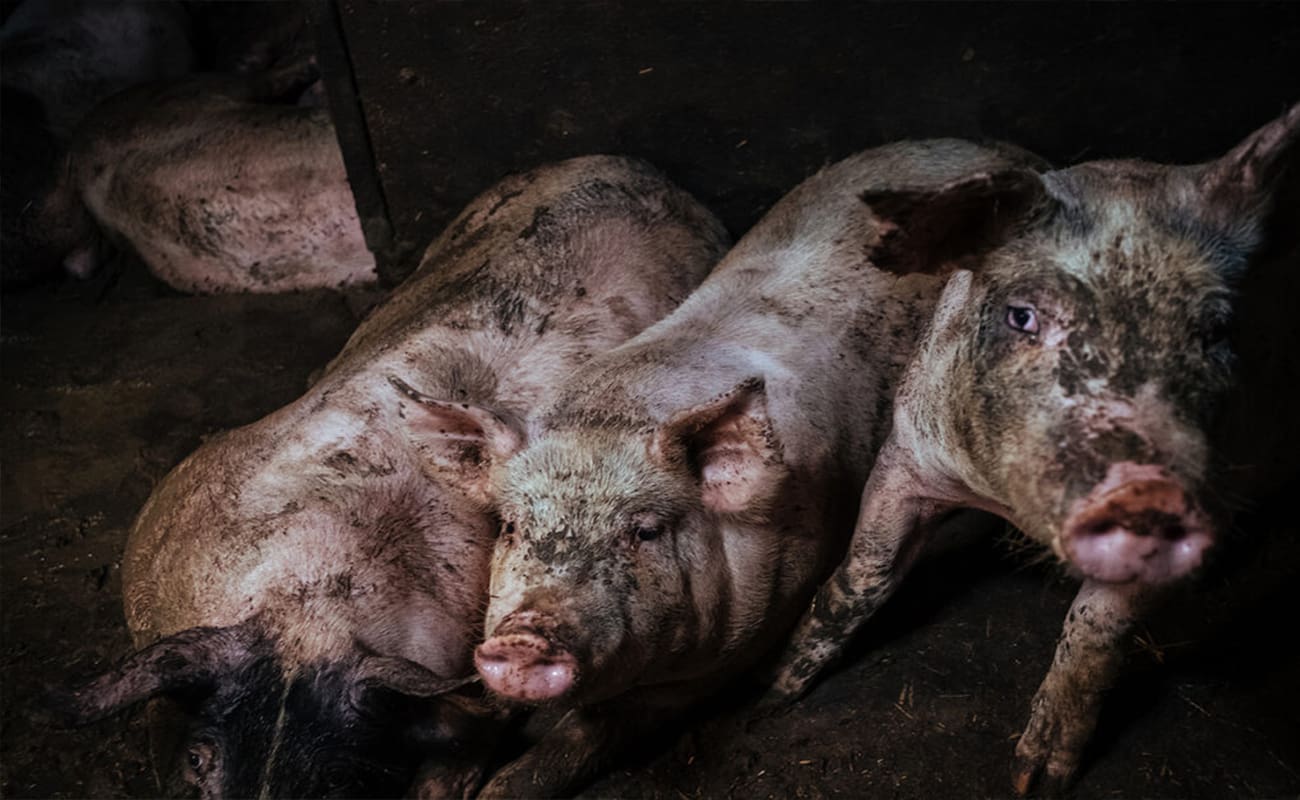The production, distribution, and consumption of food have profound implications for animal welfare, human health, and environmental sustainability. Industrial food systems often rely on intensive animal agriculture, contributing to the exploitation and suffering of billions of animals each year. From meat and dairy to eggs and processed foods, the sourcing and manufacturing practices behind what we eat can perpetuate cruelty, environmental degradation, and public health concerns.
Food choices also play a critical role in shaping global environmental outcomes. Diets heavy in animal products are linked to higher greenhouse gas emissions, deforestation, biodiversity loss, and excessive water and land use. Conversely, plant-based and sustainably sourced foods can reduce these impacts while promoting more ethical treatment of animals and healthier communities.
Understanding the connections between what we eat, how it is produced, and its broader social and environmental effects is essential for driving informed choices. By advocating for transparency, supporting humane and sustainable practices, and embracing conscious consumption, individuals can help transform the food system into one that prioritizes compassion, sustainability, and equity for both humans and animals.
Introduction Layer hens, the unsung heroines of the egg industry, have long remained hidden behind the glossy imagery of pastoral farms and fresh breakfasts. However, beneath this facade lies a harsh reality that often goes unnoticed - the plight of layer hens in commercial egg production. While consumers enjoy the convenience of affordable eggs, it's crucial to recognize the ethical and welfare concerns surrounding the lives of these hens. This essay delves into the layers of their lament, shedding light on the challenges they face and advocating for a more compassionate approach to egg production. The Life of a Layer Hen The life cycle of laying hens in factory farms is indeed fraught with exploitation and suffering, reflecting the harsh realities of industrialized egg production. Here's a sobering depiction of their life cycle: Hatchery: The journey begins in a hatchery, where chicks are hatched in large-scale incubators. Male chicks, deemed …


























































